Protein Coding Gene Enhances Cisplatin Resistance in Triple-Negative Breast Cancer
A new study in the Archives of Medical Research concluded that the presence of the protein coding gene NDC80 enhances cisplatin resistance in patients with triple-negative breast cancer.
The findings not only offer new insights for understanding the mechanism of cisplatin resistance in triple-negative breast cancer (TNBC), but also demonstrate that NDC80 may be a potential therapeutic target.
To help identify the potential genes and pathways relative to cisplatin resistance, the researchers searched the GEO database for relevant datasets, eventually selecting a microarray dataset (GSE103115) that contained 24 samples, including four kinds of TNBC cell lines. These cell lines were treated with cisplatin for 0, 24, or 72 hours.
The researchers studied tissue samples from a clinical sample of 60 TNBC patients. Among these, 20 had cisplatin-sensitive TNBC cancer, while the remaining 40 had cisplatin-resistant TNBC. They utilized immunohistochemistry to detect NDC80 protein expression in tissue samples both before and after cisplatin treatment.
According to principal investigator Jing Li, MD, of The First People’s Hospital of Jingmen, China, NDC80 was considered to be a cisplatin-resistant gene because it was downregulated in cisplatin-sensitive cells and upregulated in cisplatin-resistant cells in the wake of cisplatin treatment. Similarly, NDC80 was overexpressed in TNBC tissues relative to normal tissues.
The analysis found that NDC80 expression was elevated following cisplatin treatment in individuals with TNBC. Nevertheless, TNBC patients who were deemed cisplatin-sensitive were found to have lower NDC80 expression than their cisplatin-resistant counterparts.
They also found that the expression of NDC80 correlated with clinical stages, tumor size, and chemotherapy among TNBC patients. Moreover, NDC80 overexpression was found to not only promote the viability and proliferation of TNBC cells, but also enhance such cells’ resistance to cisplatin.
The findings help demonstrate the mechanism of cisplatin resistance in TNBC, which has not previously been very well illustrated.
Disclosures: No authors declared financial ties to drugmakers.
Reference:
https://www.sciencedirect.com/science/article/abs/pii/S0188440922000236
Photo Credit: Getty Images.
By Michael Vlessides, MD /alert Contributor
.jpg)

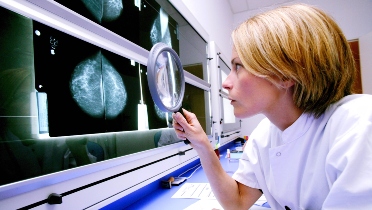

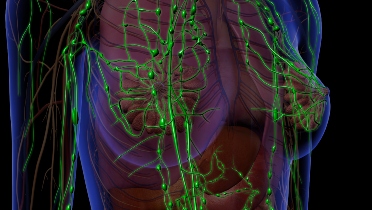


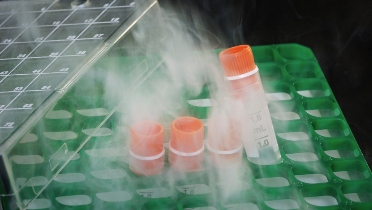

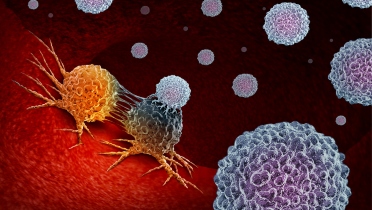

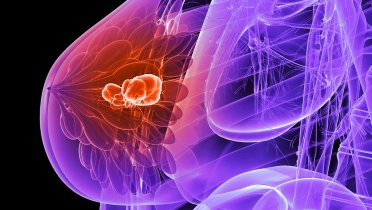
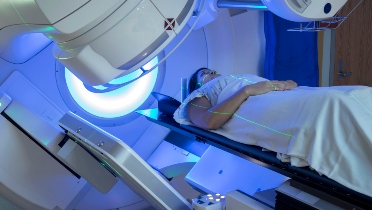


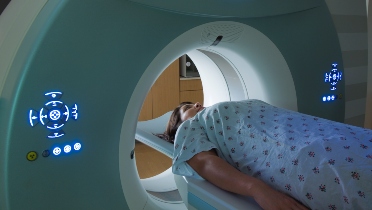
.jpg)
.jpg)
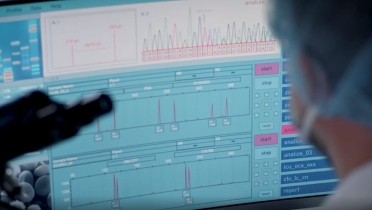
.jpg)
.jpg)
.jpg)
_.jpg)
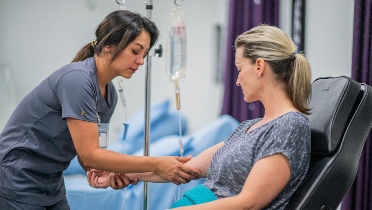
.jpg)
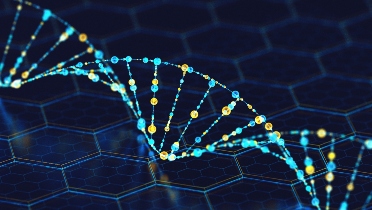
.jpg)
.jpg)
.jpg)
.jpg)
.jpg)
.jpg)
.jpg)
.jpg)
.jpg)
.jpg)
.jpg)
.jpg)
.jpg)

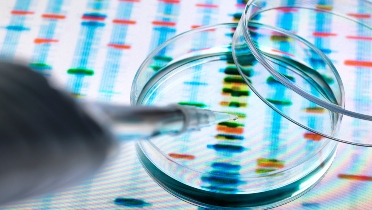
.jpg)
.jpg)

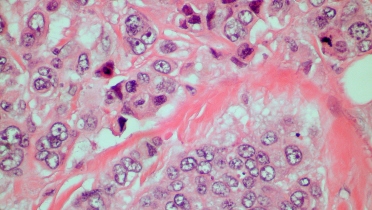
.jpg)

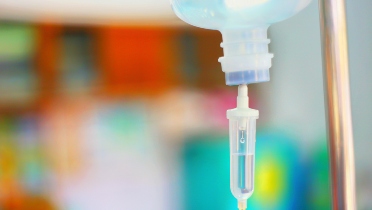

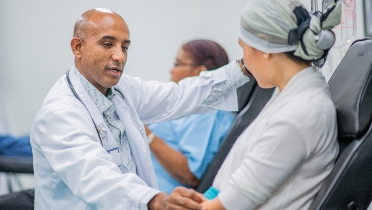
.jpg)
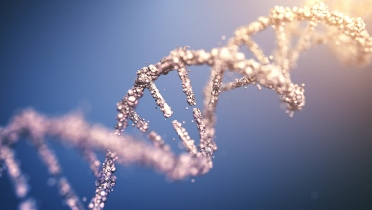
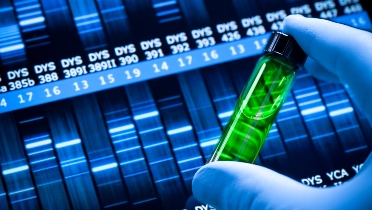
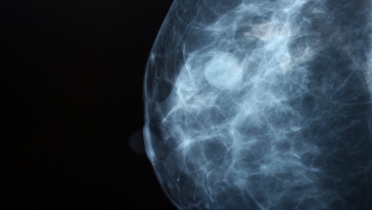
.jpg)

.jpg)

.jpg)
.jpg)
.jpg)
.jpg)
.jpg)
.jpg)
.jpg)
.jpg)
.jpg)
.jpg)
.jpg)
.jpg)
.jpg)
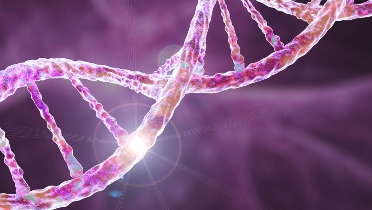
.jpg)
.jpg)
.jpg)
.jpg)
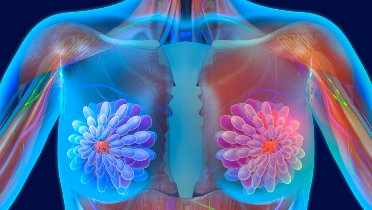




.jpg)
.jpg)
.jpg)
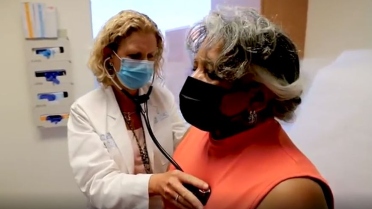
.jpg)
.jpg)

.jpg)
.jpg)
.jpg)
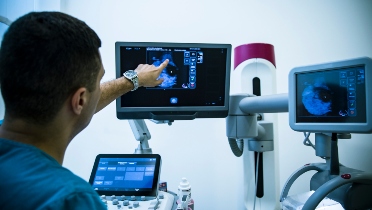
.jpg)
.jpg)
.jpg)
.jpg)

.jpg)
.jpg)

.jpg)
.jpg)
.jpg)
.jpg)
.jpg)

.jpg)
.jpg)
.jpg)

.jpg)
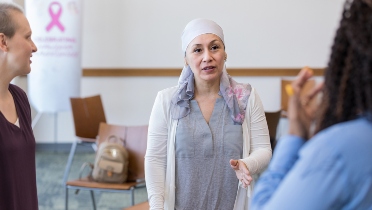
.jpg)

.jpg)

.jpg)
.jpg)
.jpg)
.jpg)
.jpg)
.jpg)
.jpg)
.jpg)
.jpg)
.jpg)
.jpg)
.jpg)
 Featured Breast Cancer Videos
Featured Breast Cancer Videos.jpg)